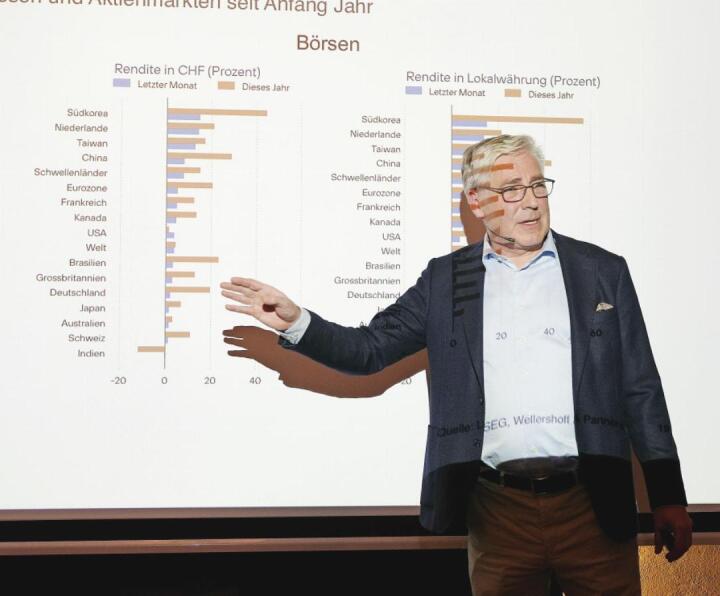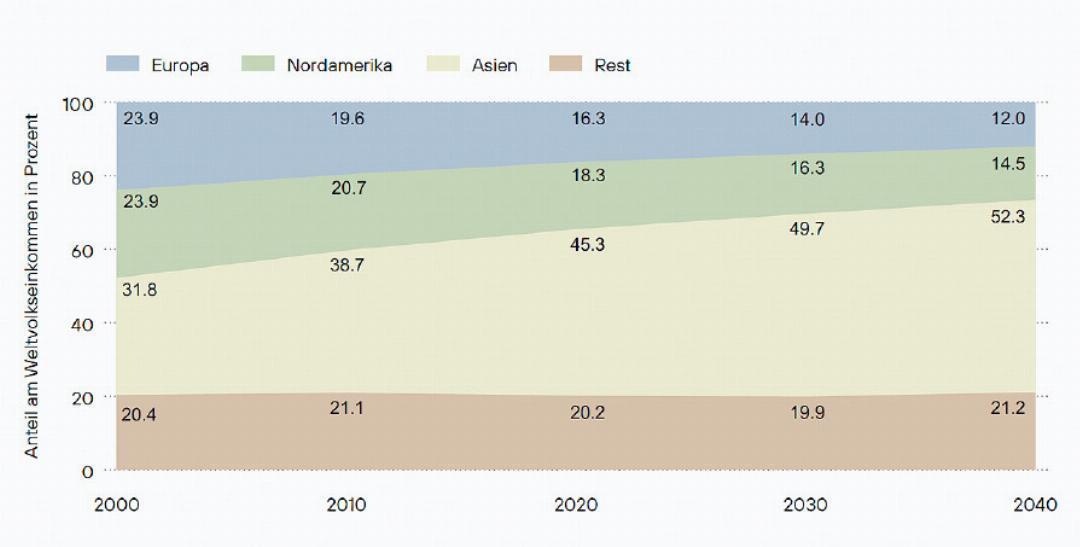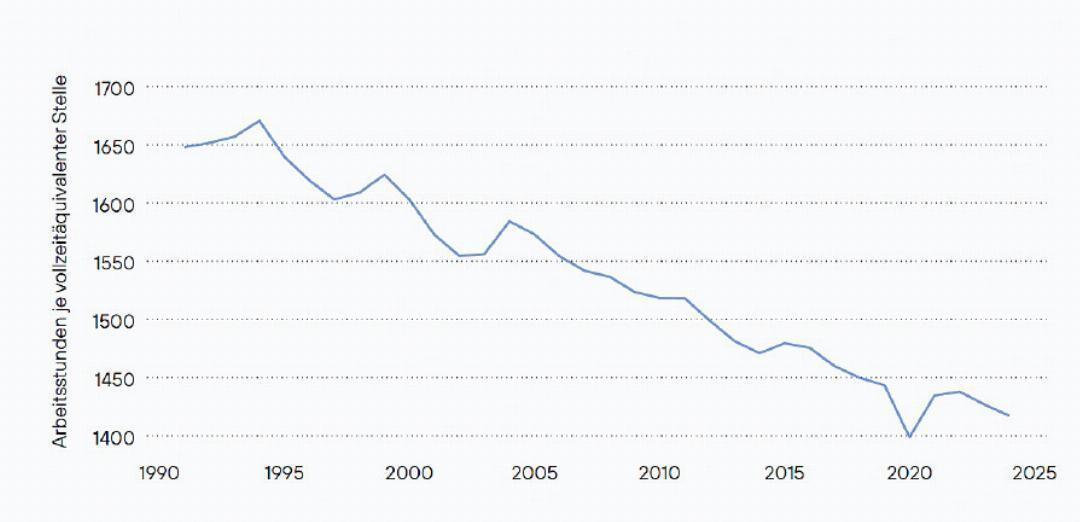Saanen Bank’s Market Barometer warns of rising risks - "The next decade will test how well we wavigate”
15.11.2025 Business, Editors Picks, Profile, Inspiration, Local News, BusinessFrom soaring US tech stocks to mounting global debt, the signals are mixed. Speaking at the Saanen Bank’s Market ...
From soaring US tech stocks to mounting global debt, the signals are mixed. Speaking at the Saanen Bank’s Market Barometer, economist Klaus Wellershoff presented five theses that cut through the noise — offering a sober look at the forces set to shape the world economy and Switzerland’s place within it.
Turbulent Waters on the Markets – Switzerland Must Navigate Carefully
Former UBS Chief Economist and one-time officer in the German Navy, Prof. Dr. Klaus Wellershoff, presented five theses on the economic future at the Saanen Bank’s Market Barometer. His aim: to help investors steer their capital safely into harbour.
“US stock markets are hitting new highs thanks to the big technology companies, driven by multibillion-dollar investments in artificial intelligence. At the same time, high government debt, wars and new punitive tariffs are unsettling investors,” said Dominique Huwiler, Member of the Executive Board of Saanen Bank, at the beginning of the evening on 6 November. “This uncertainty is also reflected in the high gold price,” he added.
In such an economic climate, orientation is key — including through a clear assessment from the evening’s guest speaker, Prof. Dr. Klaus Wellershoff. The distinguished economist, who once served at sea in the German Navy, presented his outlook for the next ten to fifteen years. His five theses, he emphasised, were not based on sentiment but on data — “because that is the only way to make reliable forecasts.”
Thesis 1: Power is shifting to Asia
The world’s economic map continues to move east. In 2000, Europe and North America together still accounted for nearly half of global economic output. Today, almost 50 percent comes from Asia. This trend is expected to continue through 2040: China will remain the world’s largest economy, India will draw closer to the USA, and Indonesia will grow faster than the entire European continent combined.
Conclusion: Companies and investments will increasingly focus on Asian markets.
Thesis 2: Debt is becoming a global risk
For the first time, government debt is becoming a global issue. US public debt now exceeds 125 percent of GDP, surpassing France. The eurozone and China also find themselves at dangerously high levels.
China, in particular, is in a sensitive position: “No emerging market has ever survived such a debt ratio without a crisis,” warns Wellershoff.
Thesis 3: Swiss growth will disappoint
Wellershoff is also cautious about Switzerland. Three developments are slowing growth:
• Export dependency: Around 45 percent of Swiss GDP comes from exports of goods and services. The country is especially dependent on the USA, which is increasingly imposing tariffs and unsettling companies.
• Stagnant productivity: Value creation is growing only slowly. Overregulation and bureaucracy are hindering innovation. Switzerland’s construction sector is, according to Wellershoff, “one of the most heavily regulated in Europe.”
• Declining working hours: Swiss workers put in fewer hours every year. This not only reduces economic output but also lowers tax revenues due to lost wages.
According to Wellershoff, growth is likely to fall from today’s roughly 1.6 percent to just 0 to 0.5 percent.
Thesis 4: Inflation will persist — and the Swiss Franc will stay strong
The current inflation is not cyclical but structural, says Wellershoff. Around the world — from Japan to the USA to the UK — inflation remains stubborn. As long as this continues, persistently low interest rates are unlikely.
Switzerland, however, benefits from stable prices, solid monetary policy and therefore a strong franc. This strengthens consumer purchasing power but creates challenges for export-oriented companies.
Thesis 5: Stock markets are expensive
Equity markets, especially in the USA, are highly valued. The price-to-earnings ratio is approaching levels last seen during the dotcom bubble — with one important difference: today’s companies are actually profitable. Still, Wellershoff warns against excessive optimism: “High valuations mean high performance pressure. Companies must deliver.”
Conclusion: those who navigate win
Wellershoff compares the capital markets to navigating at sea: “First determine your position. Then decide where you want to go.”
The coming years, he predicts, will be shaped by a global power shift toward Asia, rising debt risks, a strong Swiss currency, and high equity valuations. His advice: diversify investments and adapt portfolios flexibly to the economic climate instead of keeping them unchanged in all conditions.
Based on AvS | JONATHAN SCHOPFER
About the Speaker
Prof. Dr. Klaus W. Wellershoff is Chairman, CEO and Senior Client Partner of the international consulting firm Wellershoff & Partners Ltd., specialising in macroeconomics and financial markets. His career began with a banking apprenticeship at Sal. Oppenheim jr. & Cie. in Cologne. He studied economics and business administration at the University of St. Gallen. During his doctorate, he was appointed Visiting Fellow at the Department of Economics at Harvard University. Since 2011, he has been Honorary Professor of Applied Economics at the University of St. Gallen.
From 1995 to 2009, Wellershoff worked at UBS, becoming Chief Economist in 1997. From 2003, he headed all research for Wealth Management and Business Banking and chaired the investment committee. He was a member of the UBS Group Management Board from 2003 to 2009. He was Chairman and co-founder of ZWEI Wealth Experts AG. Since 2025, he has served as a board member of ZWEI Wealth Experts AG/Swiss Life, Chairman of the Executive Committee of the Research Association for Economics at the University of St. Gallen, Chairman of the Foundation Pro Handball, board member of the Resortho Foundation and member of the board of the Balgrist Campus Foundation.
Prof. Wellershoff completed his military service with the German Navy. He is 61 years old, married, and the father of four sons.







